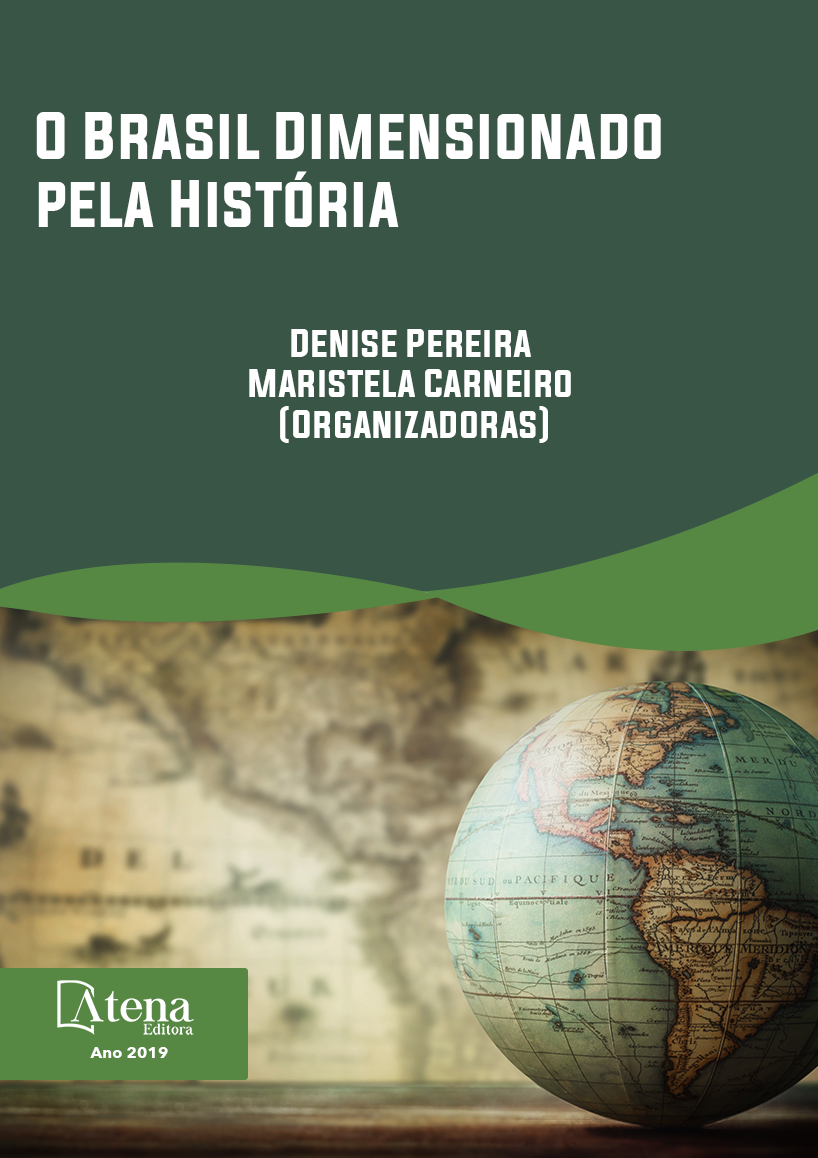
A PRODUÇÃO FÍLMICA “ARAGUAIA: CAMPO SAGRADO” E A INTERPRETAÇÃO DE SUA NARRATIVA
Procurou buscar, a partir do filme “Araguaia: Campo Sagrado” (2011) uma hermenêutica das narrativas dos atores sociais, privilegiando a produção da memória sobre a Guerrilha do Araguaia. Percebendo esse filme como documentário centrou-se no estudo da construção de uma narrativa sobre um fato histórico. Em outro ponto, foi necessária a abordagem sobre a memória trabalhada por Le Goff e Pollak, para que se tenha uma perspectiva sobre a memória coletiva produzida. Utilizando-se da hermenêutica proposta por Gadamer, analisou algumas falas dos sujeitos presentes no filme, buscando identificar sentidos num contexto atual. Problematizou a opressão aos camponeses e guerrilheiros na região de Xambioá e povoados às margens do Rio Araguaia no Tocantins e no Pará, durante o confronto da Guerrilha do Araguaia. As memórias então produzidas são de medo, sofrimento e aversão ao regime instalado na época, bem como se depreende das falas dos sujeitos sociais entrevistados, que ainda há um silêncio velado das agruras então vivenciadas.
A PRODUÇÃO FÍLMICA “ARAGUAIA: CAMPO SAGRADO” E A INTERPRETAÇÃO DE SUA NARRATIVA
-
DOI: 10.22533/at.ed.15820150113
-
Palavras-chave: Filme; Araguaia–Campo Sagrado; Regime militar; Guerrilha do Araguaia.
-
Keywords: Film; Araguaia - Sacred Field; Military regime; Guerrilla of the Araguaia.
-
Abstract:
From the film "Araguaia: Campo Sagrado" (2011), she sought to find a hermeneutic of the narratives of social actors, focusing on the production of the memory on the Araguaia Guerrilla. Realizing this film as a documentary focused on the study of the construction of a narrative on a historical fact. At another point, it was necessary to approach the memory worked by Le Goff and Pollak, in order to have a perspective on the collective memory produced. Using the hermeneutics proposed by Gadamer, she analyzed some speeches of the subjects present in the film, seeking to identify meanings in a current context. He problematized the oppression of peasants and guerrillas in the region of Xambioá and settlements on the Araguaia River in Tocantins and Pará during the confrontation of the Araguaia Guerrilla. The memories then produced are fear, suffering and aversion to the regime installed at the time, as well as from the speeches of the social subjects interviewed, that there is still a veiled silence of the hardships then experienced.
-
Número de páginas: 21
- MARCONDES DA SILVEIRA FIGUEIREDO JÚNIOR


